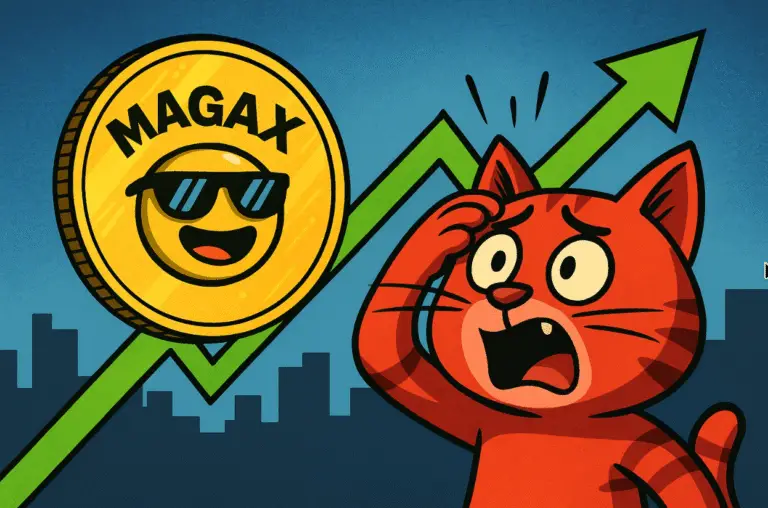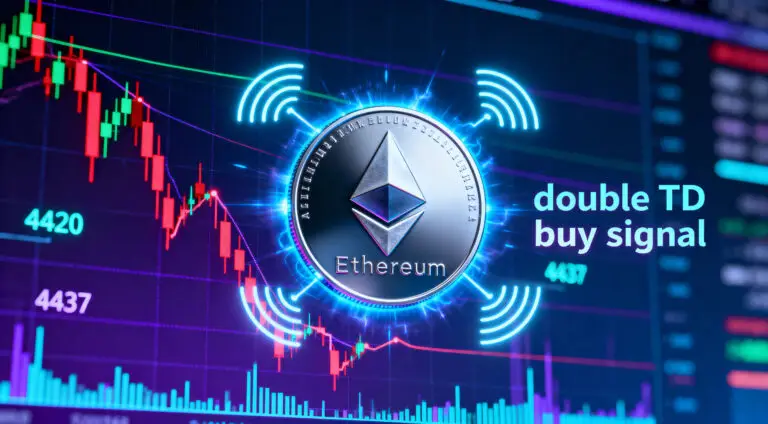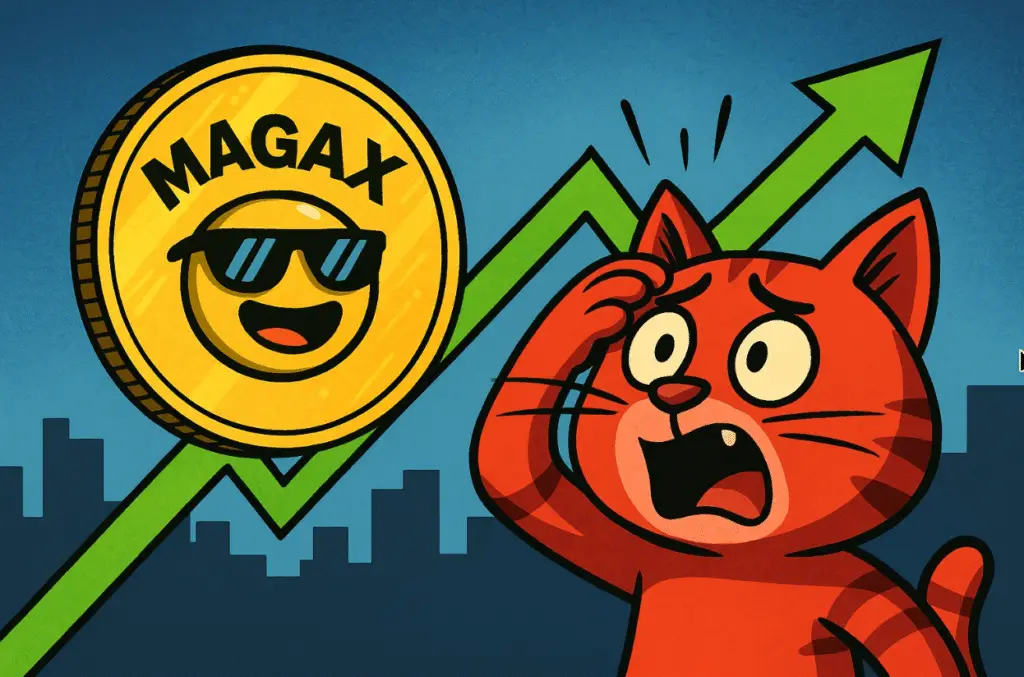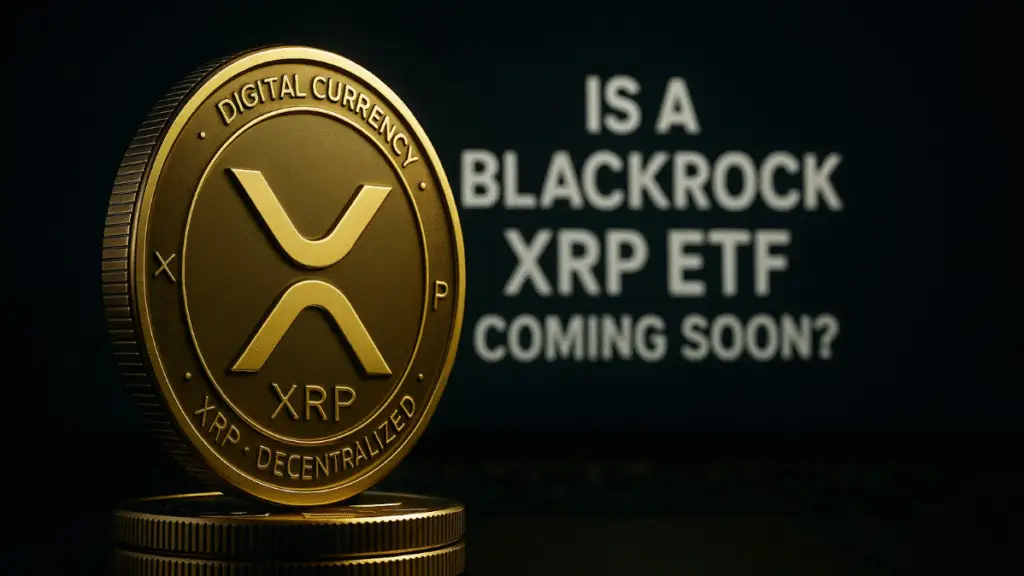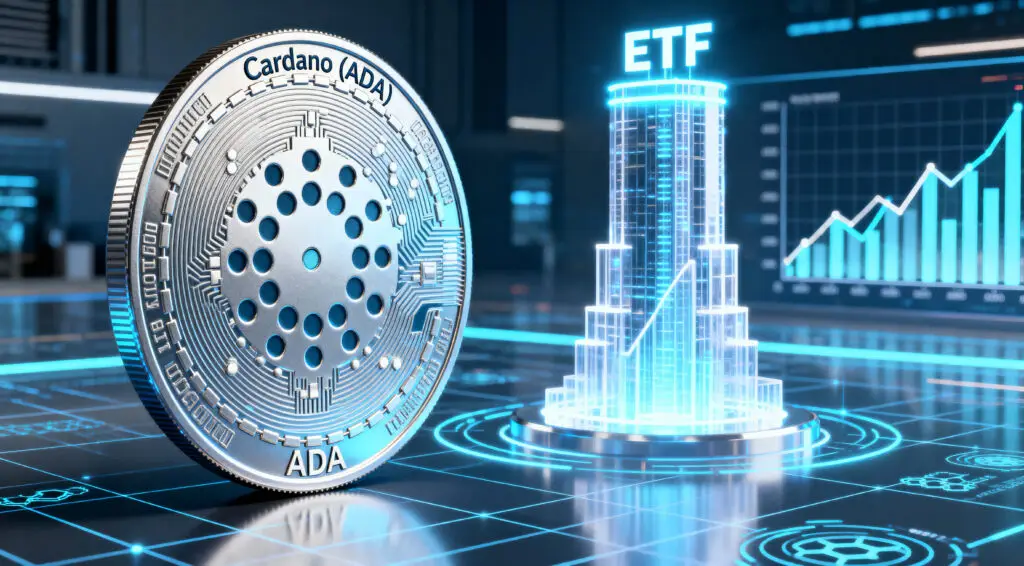The Growing Centralisation of Ethereum MEV
The Ethereum network, a key component of decentralized finance and Web3, is facing a growing challenge due to the centralization of Maximal Extractable Value (MEV). Arbitrageurs, who exploit price discrepancies across crypto exchanges, are tightening their control over transaction ordering within blocks, raising concerns about the network’s fundamental decentralization. This is due to arbitrageurs becoming in-house entities or establishing exclusive contractual agreements with MEV builders, who are responsible for constructing blocks on the Ethereum network.
This vertical integration creates an ecosystem where a few powerful players can dictate transaction flow and order, potentially undermining the open and permissionless nature of decentralized blockchains. The implications of such centralization extend beyond profit motives, impacting the Ethereum ecosystem’s integrity and future direction.
Understanding Maximal Extractable Value (MEV) and Arbitrage
Maximal Extractable Value (MEV) is the maximum profit that blockchain validators can extract by strategically reordering, inserting, or censoring transactions within a block before it is finalised and added to the blockchain. On the Ethereum network, MEV is often associated with sophisticated trading strategies such as arbitrage, front-running, and sandwich attacks.
Arbitrageurs exploit fleeting price differences between centralised and decentralised crypto exchanges to make a profit, often to the detriment of smaller, less sophisticated users who are effectively “front-run.” This exploitation of transaction ordering is a core mechanism through which MEV is extracted, and its increasing centralisation is a focal point of concern.
Ethereum: Vertical Integration and Dominance in Block Building
A critical finding of the recent research highlights the alarming dominance of a few vertically integrated block builders within the Ethereum ecosystem. The authors of the paper explicitly state, “At the time of writing, three builders, BeaverBuild, Titan, and rsync, dominate the Ethereum builder market, two of which vertically integrate their own CEX-DEX searchers.” This means that a significant portion of block construction on Ethereum is controlled by a very small number of entities. Furthermore, the fact that two of these dominant builders also integrate their own CEX-DEX searchers creates a powerful and potentially monopolistic structure.
This vertical integration allows these entities to identify profitable arbitrage opportunities and then ensure their own transactions are prioritised and included in the blocks they build, maximising their MEV extraction. This creates an unfair market condition where smaller, independent searchers or regular users are at a distinct disadvantage. The concentration of block building power, combined with self-serving arbitrage, fosters economies of scale that disproportionately strengthen these dominant players, making it increasingly difficult for new entrants to compete fairly.
Read More: Ethereum’s Gas Limit Rises Amid Major Network Upgrade Preparations
Implications for Ethereum’s Decentralisation and Security
The centralisation of CEX-DEX arbitrage through exclusive agreements with block builders has significant implications for Ethereum’s decentralisation and security. Researchers argue that this vertical integration exacerbates centralisation pressures within the Ethereum ecosystem, leading to economies of scale that disproportionately strengthen dominant players. This concentration can result in monopoly pricing, causing “proposer loss,” where entities responsible for proposing blocks receive less profit.
Additionally, it increases the network’s vulnerability to censorship and commitment attacks. A few centralised entities controlling a large portion of block production could potentially censor specific transactions or commit actions, undermining the censorship resistance of decentralised blockchains. These concerns must be carefully considered when planning the future direction and growth of the Ethereum Layer-1 network.
MEV: A Persistent Challenge for the Ethereum Network
Maximal Extractable Value (MEV) is a complex issue for the Ethereum network, affecting fairness and decentralisation. The design of Ethereum’s Proposer-Builder Separation (PBS) aims to promote censorship resistance by outsourcing block construction to builders, preventing validators from exploiting MEV opportunities. However, critics argue that PBS inadvertently centralises the network, creating unfair market conditions for smaller participants.
The ongoing debate highlights that MEV is not a simple problem with a straightforward solution but a multifaceted challenge that requires continuous research, innovation, and careful consideration of its broader implications for the network’s health and ethos. The ongoing debate underscores the need for continuous research, innovation, and careful consideration of MEV’s broader implications for the network’s health and ethos.
Ethereum PBS: Centralization Risks and Decentralization Solutions
Proposer-Builder Separation (PBS) was introduced to enhance censorship resistance and network efficiency in the Ethereum network. However, recent research has highlighted its potential for centralizedization, with 80% of blocks proposed by just two entities. This concentration of power creates an oligopoly, allowing dominant players to exert undue influence over transaction ordering and Multi-Event Verification (MEV) extraction. This raises concerns about censorship and unfair market conditions for smaller participants.
Researchers Malik672 and Vitalik Buterin propose democratizing the block-building process, allowing thousands of participants to contribute, enhancing network decentralisation, and distributing power among dominant entities. However, Ethereum co-founder Vitalik Buterin suggests alternative infrastructure, including specialized crypto exchanges, to minimize MEV extraction and limit the visibility of pending transactions. These proposed solutions highlight the Ethereum community’s commitment to tackling MEV, with the future network likely combining these strategies to balance efficiency and profitability with decentralisation, fairness, and censorship resistance.


